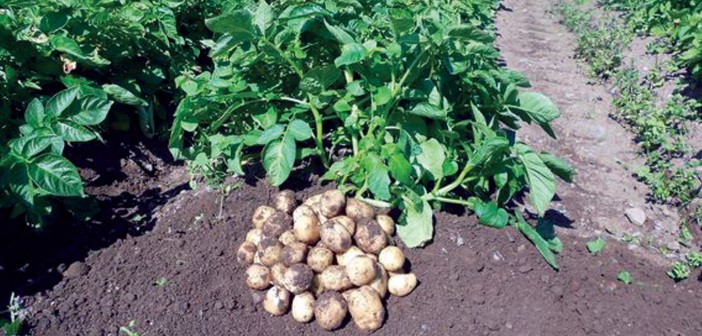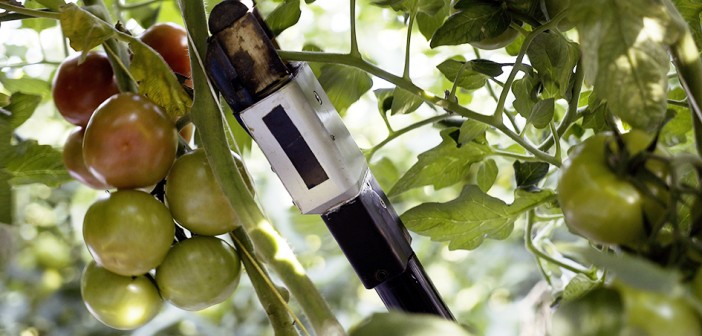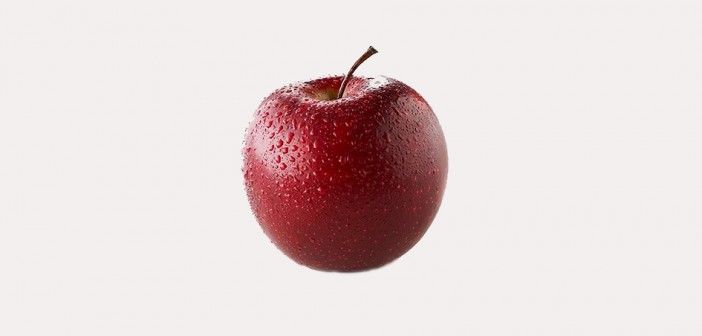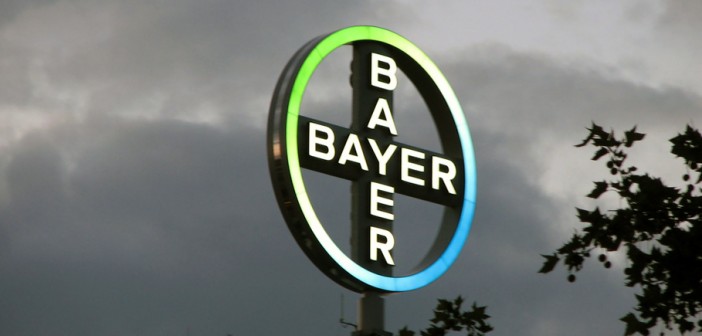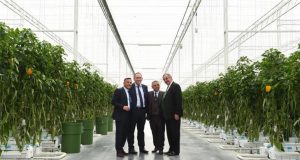The agricultural barometer survey by Copa & Cogeca reveals that a perfect storm of factors including a collapse in prices, soaring input costs and the Russian export ban means that confidence in Europe’s farmers reached an all-time low in the first quarter of 2016.
The survey is carried out twice a year in 11 countries and over 8,000 farmers were interviewed. In 9 of the 11 Member States, including the UK, farmers’ confidence about the current and future situation had fallen. Concerns about implementation of the Common Agricultural Policy (CAP) and red tape also caused many difficulties for farmers and growers. Only Denmark and Sweden were more optimistic about the current and future situation.
Copa & Cogeca Secretary-General Pekka Pesonen said, “Our agricultural barometer confirms that European farmers are really feeling the pressure. They are being squeezed by low farm gate prices and high input costs. I consequently urge the EU Commission and EU Farm Ministers to take action when they meet at the end of June. Additional support is crucial and new markets for our quality produce must be found.”

Photo Caption: Pekka Pesonen
Photo Credit: Copa & Cogeca
The post Farmer confidence at all time low says survey appeared first on Hort News on 21 June 2017.

